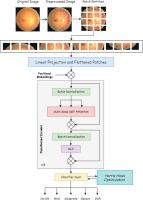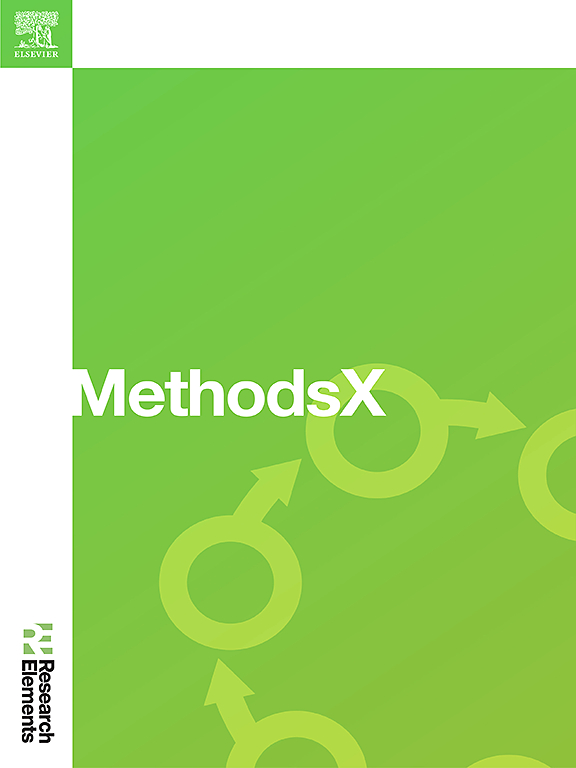ViT-HHO: Optimized vision transformer for diabetic retinopathy detection using Harris Hawk optimization
IF 1.6
Q2 MULTIDISCIPLINARY SCIENCES
引用次数: 0
Abstract
Diabetic retinopathy (DR) is a significant cause of vision impairment globally, emphasizing the importance of timely and precise detection to prevent severe consequences. This study presents an optimized Vision Transformer (ViT) model that incorporates Harris Hawk Optimization (HHO) to improve the automated detection of diabetic retinopathy (DR). The ViT architecture utilizes self-attention mechanisms to capture local and global features in retinal images. Additionally, HHO optimizes key hyperparameters to maximize the performance of the model. The proposed ViT-HHO model achieved exceptional performance on the APTOS-2019 and IDRiD datasets. Specifically, it achieved 99.83 % accuracy, 99.78 % sensitivity, 99.85 % specificity, and 99.80 % AUC-ROC on the APTOS-2019 dataset, surpassing traditional CNNs and alternative optimization techniques. The model exhibited strong generalization on the IDRiID dataset, achieving an accuracy of 99.11 % and an AUC-ROC of 99.12 %. The ViT-HHO model demonstrates the potential for enhancing the clinical detection of diabetic retinopathy (DR), providing high precision and reliability.
- •An optimized Vision Transformer (ViT) model was developed using HHO for improved detection of Diabetic Retinopathy (DR).
- •The model was validated on the APTOS-2019 and IDRiID datasets, demonstrating superior accuracy and AUC-ROC metrics.
- •The model's generalization and robustness were demonstrated through comprehensive performance evaluations.

ViT-HHO:利用哈里斯-霍克优化技术检测糖尿病视网膜病变的优化视觉转换器
糖尿病视网膜病变(DR)是全球视力受损的重要原因之一,因此必须及时、精确地检测以防止严重后果的发生。本研究提出了一种优化的视觉转换器(ViT)模型,该模型结合了哈里斯鹰优化(HHO)技术,以改进糖尿病视网膜病变(DR)的自动检测。ViT 架构利用自我注意机制捕捉视网膜图像中的局部和全局特征。此外,HHO 还优化了关键超参数,以最大限度地提高模型的性能。所提出的 ViT-HHO 模型在 APTOS-2019 和 IDRiD 数据集上取得了优异的性能。具体来说,它在 APTOS-2019 数据集上实现了 99.83 % 的准确率、99.78 % 的灵敏度、99.85 % 的特异性和 99.80 % 的 AUC-ROC,超越了传统的 CNN 和其他优化技术。该模型在 IDRiID 数据集上表现出很强的泛化能力,准确率达到 99.11%,AUC-ROC 达到 99.12%。该模型在 APTOS-2019 和 IDRiID 数据集上进行了验证,显示出卓越的准确性和 AUC-ROC 指标。
本文章由计算机程序翻译,如有差异,请以英文原文为准。
求助全文
约1分钟内获得全文
求助全文
来源期刊

MethodsX
Health Professions-Medical Laboratory Technology
CiteScore
3.60
自引率
5.30%
发文量
314
审稿时长
7 weeks
期刊介绍:
 求助内容:
求助内容: 应助结果提醒方式:
应助结果提醒方式:


